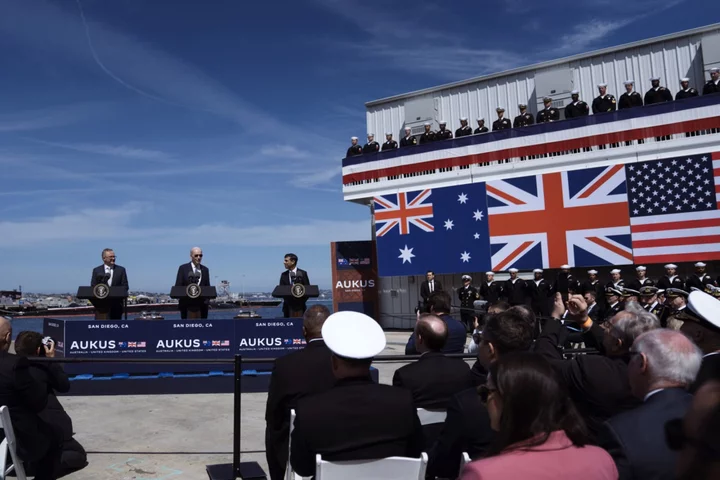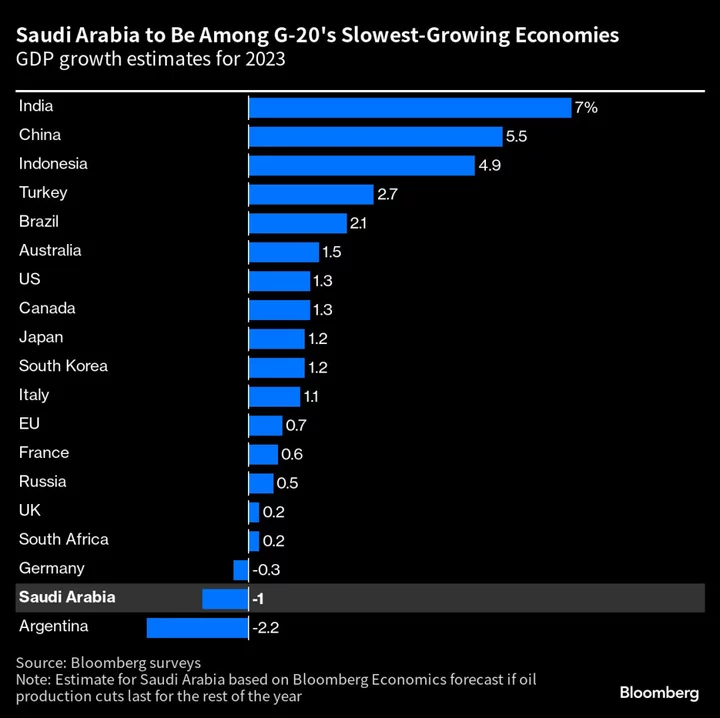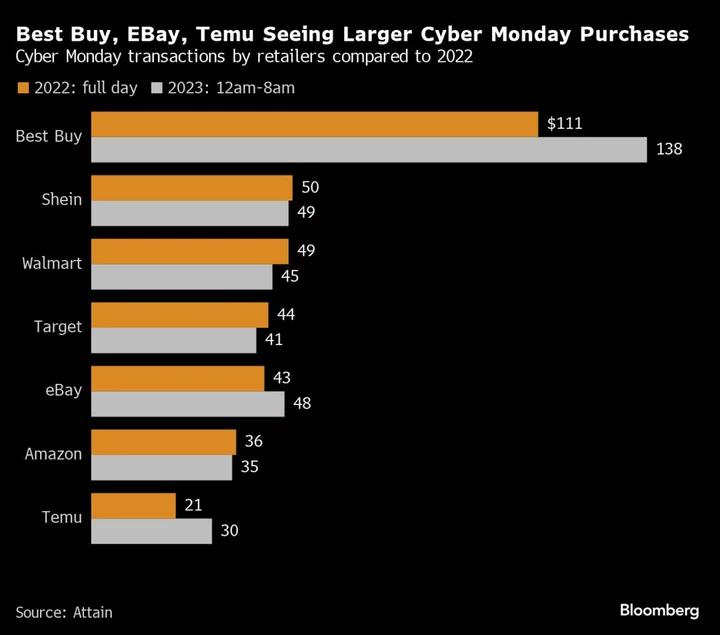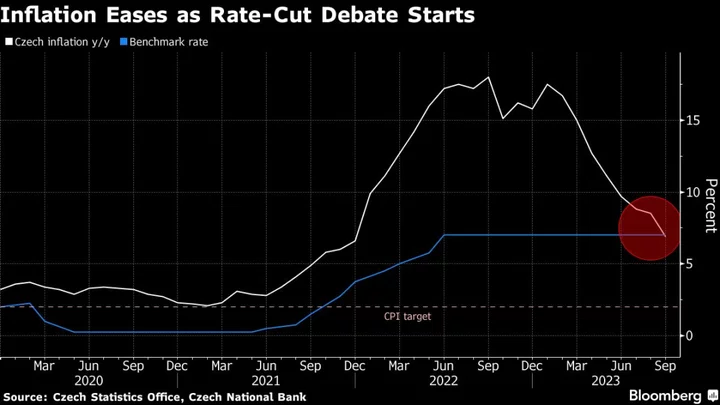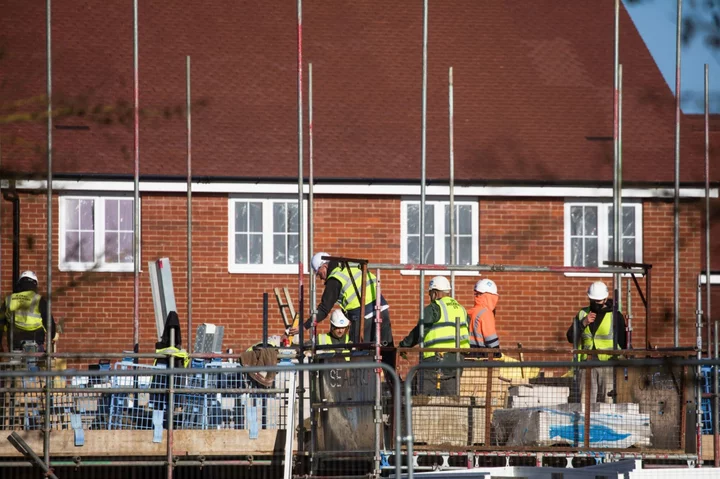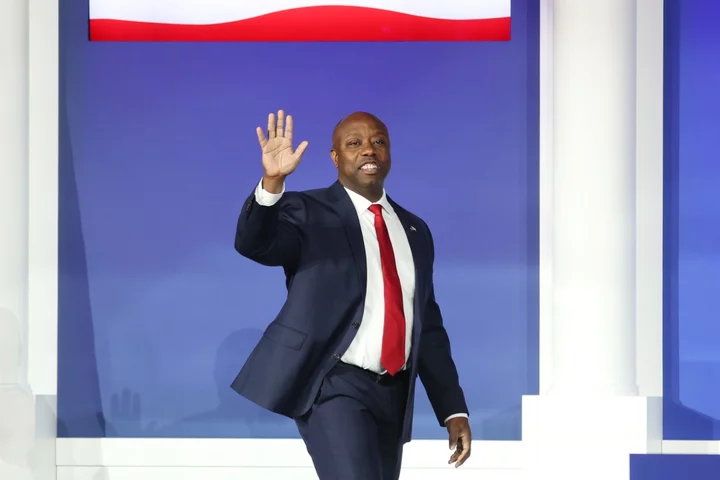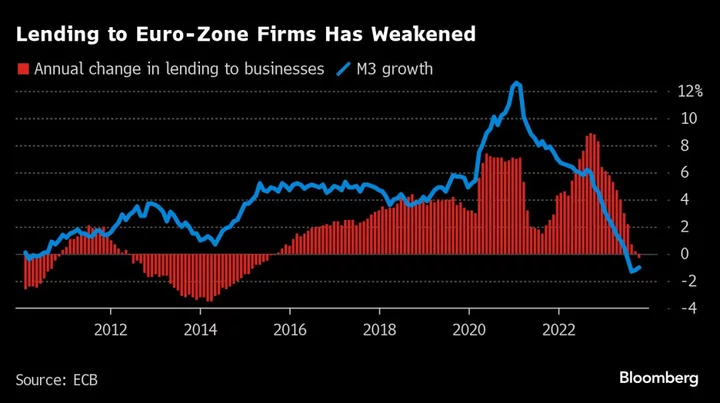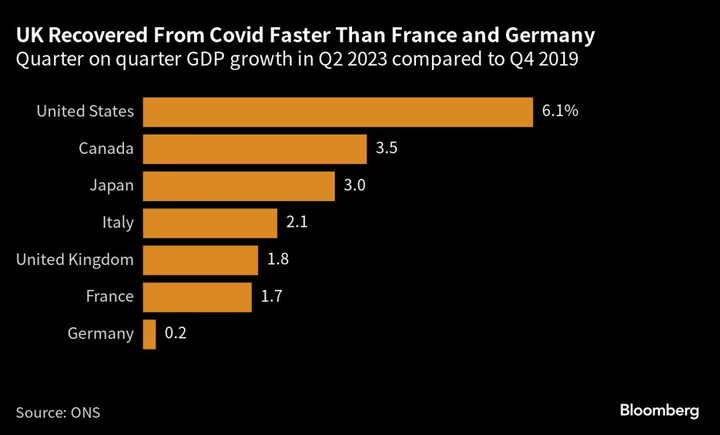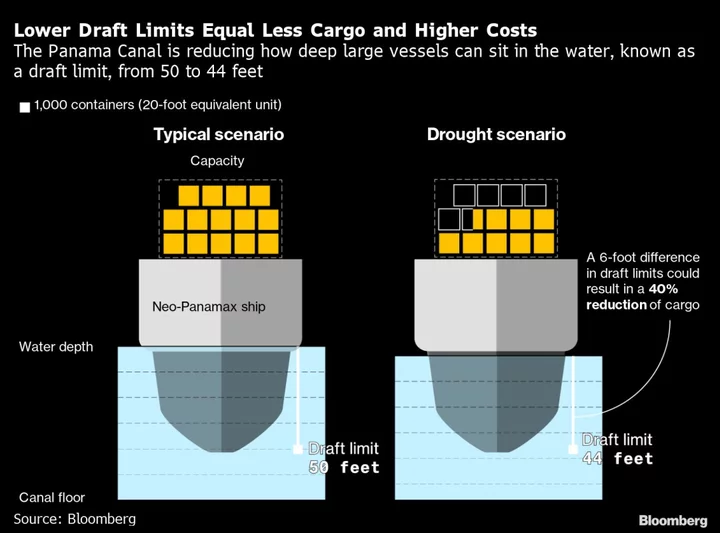A top Australian defense official said bloated US bureaucracy has delayed technology-sharing that was supposed to be a key benefit of the Aukus security deal, adding to concerns that the young partnership isn’t living up to its early promise.
Ninh Duong, science leader at the Australian Department of Defense, who’s based at Australia’s embassy in Washington and has been involved in Aukus since the outset, blamed what he called “a permafrost layer of middle management” in the US government for the delays. Wading through the US system feels like “death by a thousand cuts,” he said in an interview.
Export controls, onerous regulation and over-classification all stand in the way of cooperation in areas such as cyber, artificial intelligence and quantum technologies, he later told a panel at the Offset Symposium in Washington.
“We really need people to listen to what our seniors are saying – what the president and prime minister are saying,” Duoung said.
The comments add to a growing chorus of doubt about the prospects for Aukus, the Australia-US-UK partnership that was announced in 2021 and billed as a bulwark of unity to check China’s ambitions in the Indo-Pacific. It was considered so important that the three countries were willing to endure a major diplomatic spat over Australia’s decision to scrap a submarine deal with France in favor of US technology.
Doung’s comments echo those of Australia’s deputy prime minister Richard Marles, who warned last week of “vast and complex” barriers inhibiting technology transfer from the US to Australia, saying the full ambition of Aukus will be realized only if such transfers are “seamless.” In March, the Royal United Services Institute, a UK defense and security think tank, described the Aukus story so far as “a shallow sound bite.”
Top State Department and Pentagon officials are set to testify before Congress on Wednesday about modernizing US arms exports and a stronger Aukus. In her prepared statement, Assistant Secretary of State for Political-Military Affairs Jessica Lewis will acknowledge some of the challenges.
“Make no mistake – the success of AUKUS is not predetermined – it must be built,” Lewis is set to say, according to her prepared remarks. “For AUKUS to succeed, we need to both innovate boldly and protect our technology from those who wish to take advantage of any vulnerability in our systems.”
Duong said Aukus was supposed to be a “battering ram” to push past bureaucratic barriers to sharing technology, but that Australia is still struggling to get everyone aligned. He added that waiting as long as two years to get the work done “is just too long.”
Duong suggested other countries, such as Japan, Canada, South Korea and even France, could ultimately join Aukus projects if the route to technology transfers, which are also hampered by classification levels as well as US export controls, could be straightened out.
Read More: China Denounces Australia-UK-US Submarine Deal in New Broadside
In March, President Joe Biden, Australian Prime Minister Anthony Albanese and UK Prime Minister Rishi Sunak jointly described a path forward for Aukus during a meeting in San Diego that focused mostly on the “Pillar 1” of the deal: equipping Australia with conventionally armed, nuclear-powered submarines.
The State Department is responsible for export controls, though the Pentagon’s Defense Technology and Security Administration and Congress have a role to play too. A report from the United States Studies Centre at the University of Sydney echoed Duong’s push, arguing for both a White House executive order and congressional action to deliver significant export control reforms.
“Without them, the chances of failure are uncomfortably high,” the report argued, citing antiquated legal and regulatory settings and “a mindset” that gives short shrift to input from US allies.
QuickTake: What to Know About Australia’s Aukus Nuclear Sub Deal
Two State Department officials told Bloomberg News the US is trying to improve the situation, starting by putting Australia on a favored list for technological transfers, so long as national secrets stay within the tight Aukus group. The officials spoke on condition of anonymity to discuss the contents of this week’s House testimony.
One said the US agrees there’s an opportunity to revamp rules about export controls in support of the new Aukus partnership, saying this week’s initial proposals to the House will call for legislative changes but stop short of offering specifics because the initiative is still under development.
The second official cautioned that Australian universities and other research institutions expected to participate in Aukus aren’t used to the level of attention that the technological pillar will bring from mutual adversaries. Export controls need to protect everything inside of the Aukus bubble and avoid information leaking, the official said.
Charles Edel, Australia chair at the Center for Strategic and International Studies, said it was unlikely the barriers thrown up by the export control regime would be resolved without a combination of political pressure, bureaucratic reform and legislative action, and that there are “competing views” about what to fix first and how.
He said the Biden administration recognizes the need to overcome barriers, citing Biden’s weekend announcement that he plans to ask Congress to designate Australia a “domestic source” to help streamline industrial cooperation with the goal of accelerating the realization of Aukus.
(Updates with US official’s testimony in 7th paragraph.)

